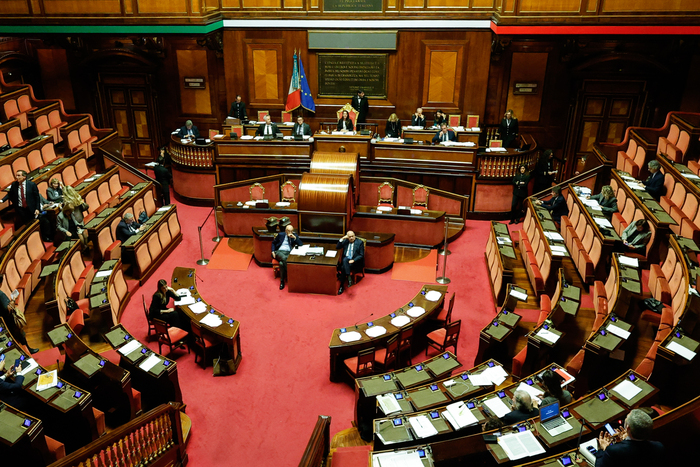Once the avalanche of challenges presented by the PP and Vox against various magistrates has been overcome, the Constitutional Court will try to recover cruising speed next week to resolve some of the main issues pending ruling before the summer.
In a first plenary session, on March 7, the debate on the euthanasia law will begin, and in the following ones the educational reform of the Celáa law
will be addressed,
the prohibition of appointments by the Council of the Judiciary while it is in office, and the amparo requested by the former deputy of Podemos Alberto Rodríguez, who lost his seat after being convicted of kicking a policeman in a demonstration in 2014 in La Laguna (Tenerife).
The deliberation of the sentence on the Organic Law for the Regulation of Euthanasia will need at least two plenary sessions.
In the first, next week, a draft sentence, previously prepared by the rapporteur, in this case the progressive magistrate Ramón Sáez, will probably not be used.
That is the usual procedure, but this time the aim is to facilitate the discussion, focusing it on key points of the law, to collect the criteria of the magistrates, but without there being a specific draft resolution on the table.
This working method was already followed in the ruling on the intervention of Catalan autonomy by article 155 of the Constitution, after the illegal self-determination referendum and the declaration of independence of October 2017.
In this plenary session, the work of analysis and more than likely rejection of the challenges presented will culminate.
Twenty-one were already inadmissible in the last plenary session, and another 51 will be filed in this one. There are so many because the majority refer to four magistrates in 12 cases, and against three in another case.
The Constitutional Court always flatly rejects this type of initiative when it understands that its purpose is to paralyze the work of the court, leaving it without a quorum to make decisions.
The sentence on the abortion law will remain after Easter, which is being redone after the resignation of the first speaker, the conservative magistrate Enrique Arnaldo.
The meaning of the failure is already known and will not change.
The court decided to endorse the current system of deadlines, so that the interruption of the pregnancy will be linked exclusively to the free will of the woman.
But the Constitutional Court has wanted to apply the utmost zeal to the preparation of this sentence, due to its special relevance.
The vice-president of the court, Inmaculada Montalbán, has been appointed as the new rapporteur, who will bring her proposed text to plenary in April.
What is pursued is that the resolution can contain a clear doctrine, with the will to remain, which guarantees the freedom of the pregnant woman to decide if she wants to interrupt her pregnancy during the first 14 weeks, and without being subjected to direct or indirect pressure.
Along with all this, the court intends that the ruling maintain a line of coherence with the new regulations approved in Parliament on the matter.
In this latest reform, the need for parental permission for abortion once again disappears when the pregnant woman is between 16 and 18 years old.
It must be specified that the ruling that is going to be handed down will not refer to this point, since the obligation of parental permission in the aforementioned circumstances was in turn restored by the PP.
Therefore, the appeal that the popular ones filed 12 years ago had lost its purpose since said restoration.
What would fit now is a new appeal against the recent reform.
Subscribe to continue reading
Read without limits
Keep reading
I'm already a subscriber








/cloudfront-eu-central-1.images.arcpublishing.com/prisa/L5MGAT2HV6KEARCGX3IXUKXXSU.jpg)


/cloudfront-eu-central-1.images.arcpublishing.com/prisa/KMEYMJKESBAZBE4MRBAM4TGHIQ.jpg)



